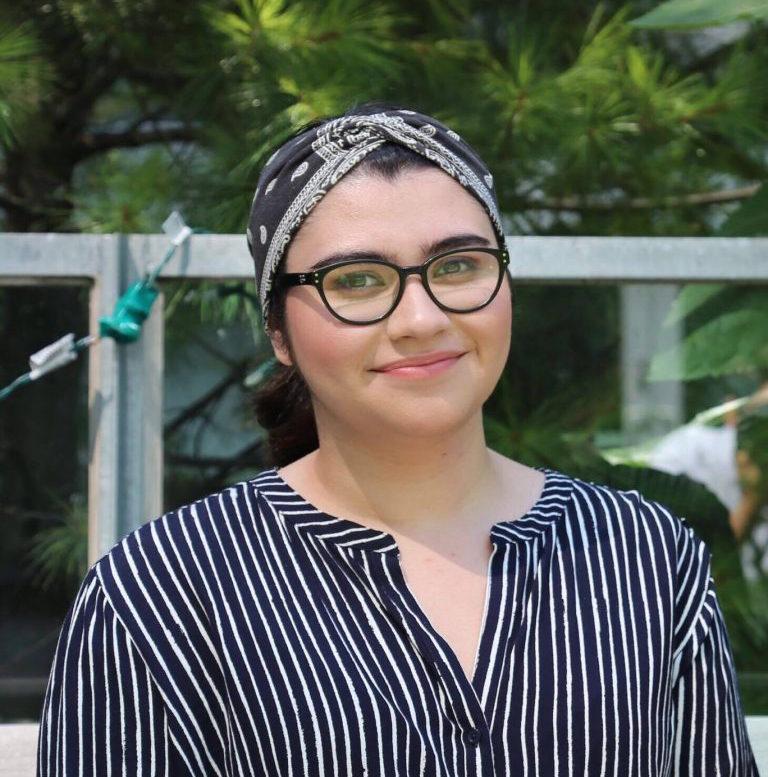By Zahraa Hmood
An event discussing safe spaces for young women was held on Oct. 17 in the Student Learning Centre (SLC) at Ryerson, hosted by the Toronto Youth Cabinet and Feminist Canada.
The event, ‘Girls in the Commons,’ featured panelists Aliya Bhatia, from the Toronto Youth Cabinet, Rabbia Ashraf, president of CESAR, and Arezoo Najibzadeh, from Feminist Canada, and event creator. The “commons,” as defined by Laidlaw Foundation, who funded this event, are public institutions where young people don’t see themselves yet represented.
Ashraf, a part-time Ryerson student, has been working for students’ unions on campus for three years. She said that universities are failing to keep women safe. Ryerson has implemented a policy on sexual violence on campus, but Ashraf said the policy “can look great on paper, but means nothing without actions and services to go along with it.”
The key problem with public spaces, according to Ashraf, is that these places can often feel not public because of the barriers in place which limits people from being able to talk to those in power. (She said this is especially true in places that are publicly funded, like universities.)
Najibzadeh, second-year public administration and governance student, said this is one of the many different events she’s hosted for young women in politics. A University of Ottawa political science major who used to volunteer* at Parliament Hill, she wanted the event to address the marginalization of young women in Canadian politics.
As for safe spaces on our campus, Najibzadeh said she’s felt “most safe” at spaces created and led by students, mainly the Centre for Women and Trans People, one of the Equity Services Centres by the Ryerson Students’ Union.
Aliya Bhatia, a University of Toronto graduate who majored in international relations, spoke about overt and implicit sexism during her time in politics, including cases of sexual harassment during campaigns. “Creating space before anything happens relieves the onus on the survivor,” she said.
*CORRECTION: An earlier version of this story stated that Najibzadeh worked on Parliament Hill. She actually volunteered at Parliament Hill. The Eyeopener regrets this error.










Leave a Reply